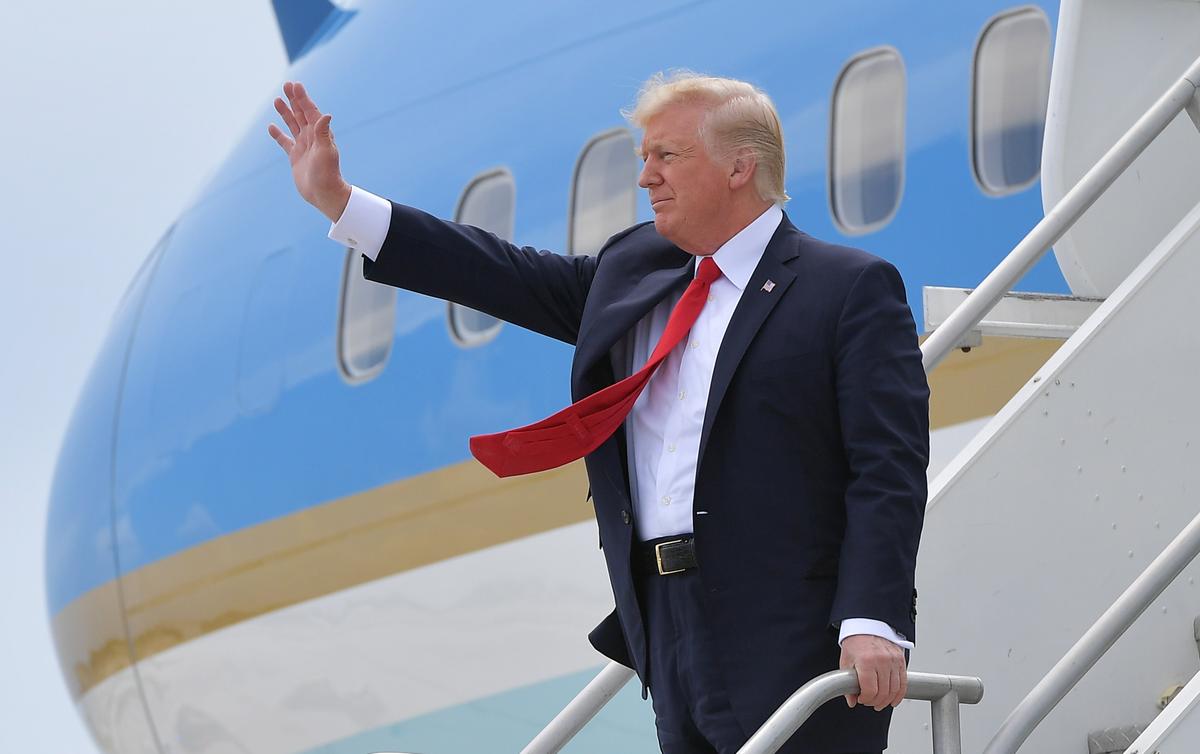NATO Secretary General, Jens Stoltenberg, announced on June 28 that most European NATO nations and Canada have pledged more money for defense for the next fiscal year.
“To keep our nations safe, we need to keep working for increased defense spending and fairer burden-sharing across our alliance,” Stoltenberg said.
NATO members are supposed to budget 2 percent of GDP for the defense alliance. As it stands, only four of the 27 European nations meet that goal: Greece, Britain, Poland and Estonia. The United States exceeds it. Romania will meet it this year; Lithuania and Latvia should in 2018, Stoltenberg said.
Twenty-five of NATO’s member states plan to increase defense spending next fiscal year. Military budgets across the 29 members are expected to rise by 4.3 percent. That means about $46 billion will be put towards mutual defense.
“After years of decline, in 2015 we saw a real increase in defense spending across European allies and Canada,” Stoltenberg said. “In 2016, this continued, and this year, in 2017, we foresee an even greater annual real increase of 4.3 percent.”
Stoltenberg said the money will go toward equipment and training. One priority will be quicker response times—getting troops and equipment to trouble spots more rapidly.
U.S. President Donald Trump has been calling for fair participation from the country’s NATO allies.






